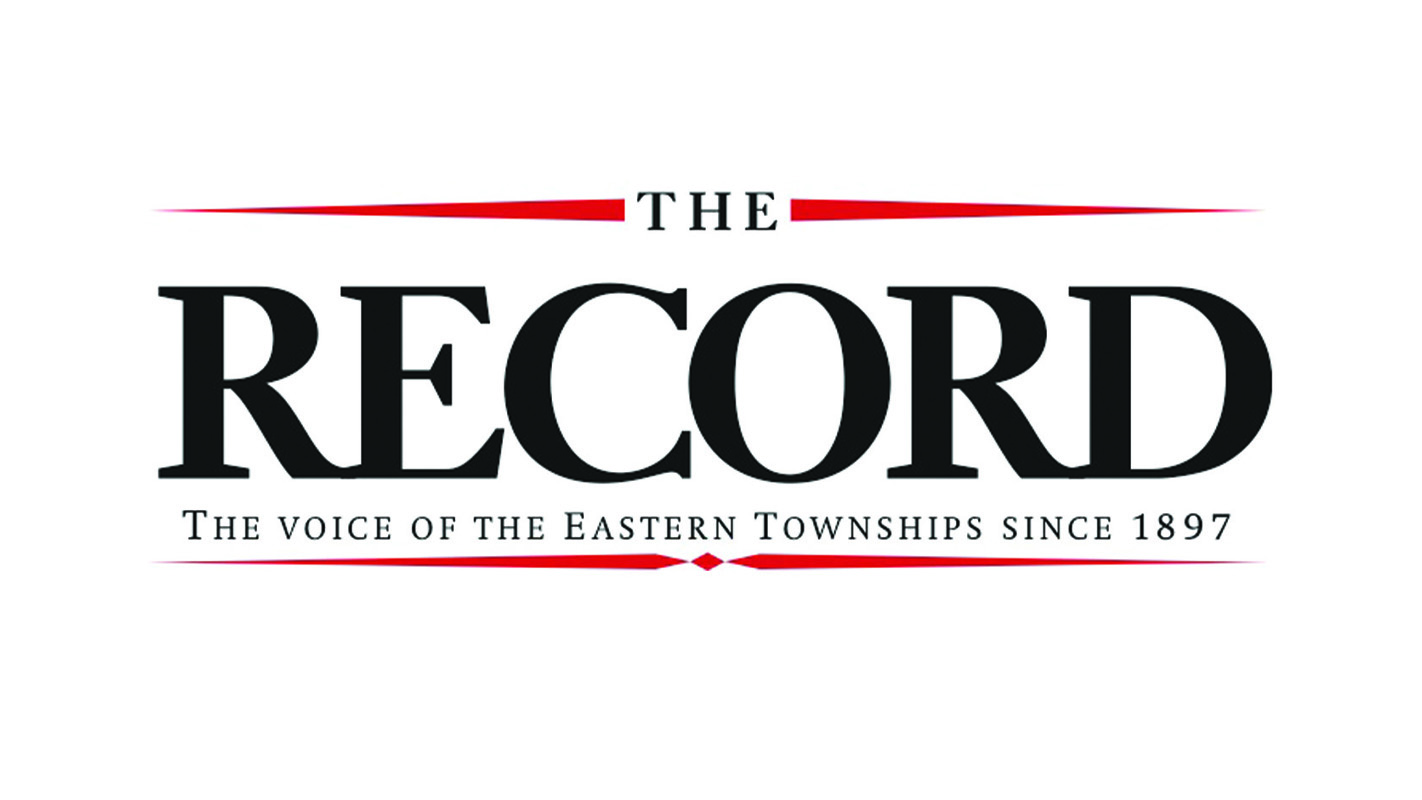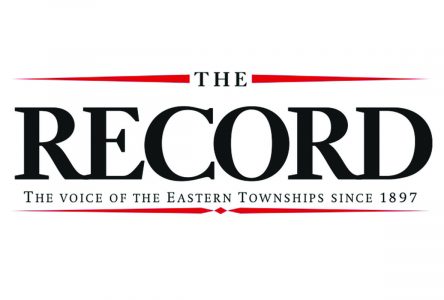By William Crooks
Local Journalism Initiative
In a recent study, the Office Québécois de la Langue Française (OQLF) has unveiled some intriguing insights into the linguistic landscape of post-secondary education in Quebec. The study, based on data from the 2021-2022 school year, sheds light on the language preferences of newly enrolled students, revealing significant shifts over the past decade. The Record analyzed and summarized its results.
Language mandates and regulations
Quebec’s Charter of the French Language mandates that, with exceptions for English instruction, all students in the province attend primary and secondary schools in French. Recent amendments, implemented through the Act respecting the official and common language of Quebec in 2022, now extend these regulations to post-secondary education.
Study foci and methodology
The study examines the enrollment patterns of newly admitted students in post-secondary institutions across Quebec, spanning from the fall semester of 2007 to 2021. This encompasses public, government-run, and both subsidized and non-subsidized private institutions. The comprehensive study provides a view of enrollment trends in both French and English-speaking post-secondary establishments.
Key findings
In 2021, 56,516 students embarked on their college journeys, mirroring the count from 2007. Notably, 37 per cent chose institutions on the Island of Montreal. The linguistic composition revealed that 76 per cent were native French speakers, 14 per cent hailed from backgrounds other than French or English, and 10 per cent claimed English as their mother tongue. The study noted a 5 per cent decline in new enrollees who were native French speakers, whereas native English and other language speakers saw increases of 3 per cent and 64 per cent, respectively.






